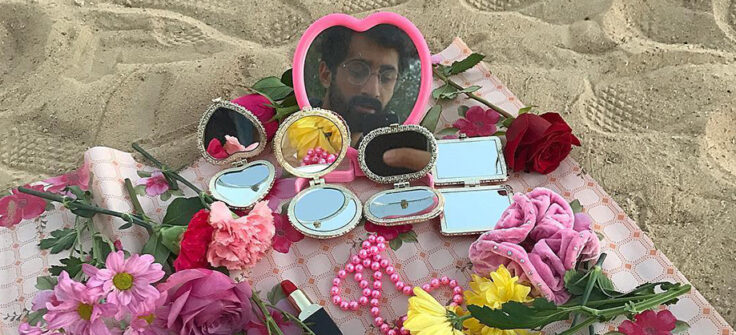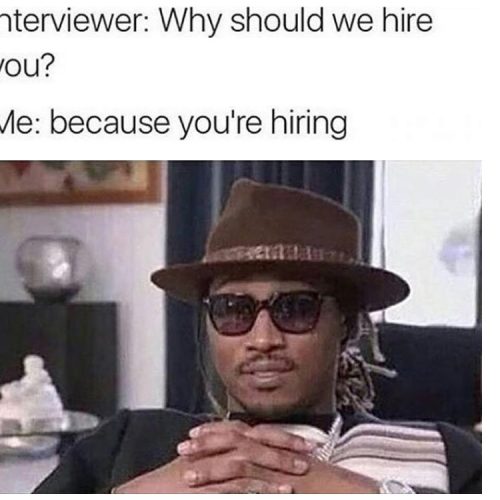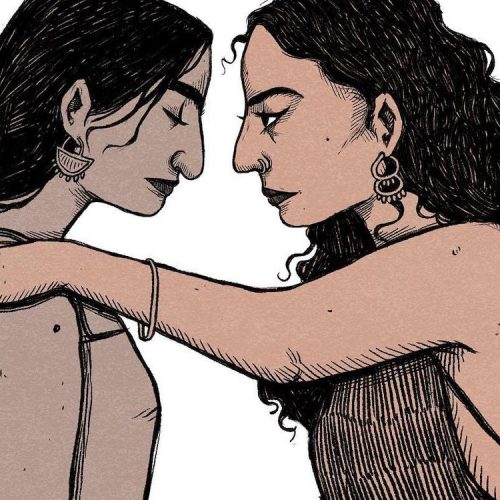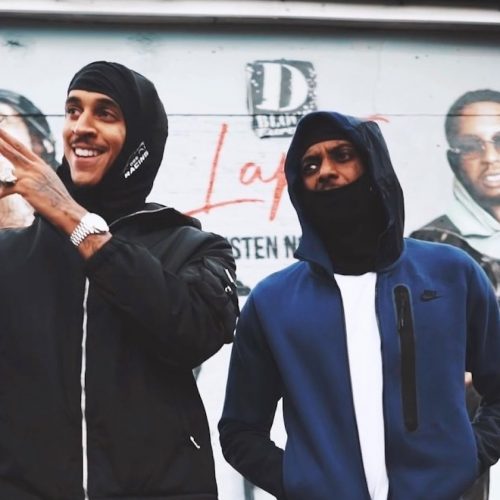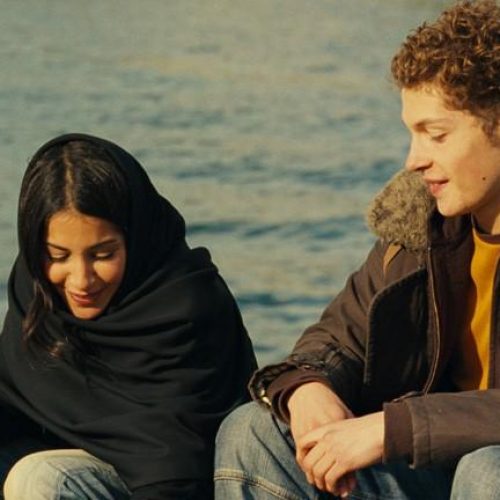On 1 September, Chanel released its first male makeup line in Korea named Boy de Chanel – the first launch of its kind by a major makeup brand. “For Chanel, beauty is not a matter of gender; it is a matter of style”, said the brand in a statement before adding, “Men should be free to use makeup products to correct their appearance, without calling into question their masculinity”.
With male grooming and beauty products rapidly evolving across the industry, cosmetic brands have been launching an array of skincare and hair care products geared specifically towards men. But although beauty isn’t necessarily considered to be gender-specific anymore, makeup is still strongly associated with femininity – and even more fiercely in the Arab world. Traditional social norms still deeply prevail in the region and punishments are severe. For instance, in 2007, Kuwait amended its penal code, which now declares that “imitating the opposite sex in any way” could lead to a year in jail or a fine of 1,000 dinars ($3,300 USD).
But despite the overall impression (particularly in the West) that Arab men are in essence one-dimensional and misogynistic; the reality is that men across the region are evolving and opening their minds to the idea of gender neutrality. MILLE asked five young Arab men about their opinion on makeup and whether or not they are ready for it.
Ahmed, Emirati, 28
“Male makeup, in my opinion, is something that I can understand; it has already been slowly introduced to the Arab world. I think the younger generation would be more accepting of it given the direction in which the youth are going when it comes to expressing themselves, but I can say with no hesitation that our parents would never agree with the idea of a guy walking around with makeup on. Imagine an Arab father seeing his son with makeup all over his face! I personally wouldn’t associate with it but I’ve been involved in photo shoots where they had to put some makeup on my face for it to be appealing to the camera, which in that sense I would completely be understanding of and even agree with. This is a very sensitive topic if you ask me because if a guy says that he puts makeup on, generally the first reaction from people would be to assume that he’s feminine and more often than not, you would have people telling him to stop. I believe in the idea that each person is free to do whatever they please and express themselves in any way that is suitable to them, but they would have to be ready for the almost certain backlash that’s coming their way.”
Samy, Tunisian, 25
“Growing up with my cousins, we enjoyed playing with our mothers’ makeup; painting our faces seemed to be a lot a fun back in the day. I remember that until I was six, I was forbidden from coming near to makeup because I was told to “man up”, even at that young age. That’s when I actually started developing a passion for it and I remember enjoying watching my female friends doing their makeup growing up. Now that I have come out, I am more confident with it and I think that makeup is for all genders and every one should try it, independently of sexual orientation. I am really glad that the makeup industry is growing fast and that it’s becoming inclusive and political. People still get shocked at seeing me, a tall Arab young man, wearing makeup at parties and I always get questioned about whether it’s possible to be Muslim and to wear makeup and my I answer is yes. We are expected to conduct ourselves in a certain manner, and affirm our masculinity. We carry a long history of traditions and social norms with us that we shouldn’t break. At first I felt really self conscious but I learned to develop thick skin.”
Shukri, Palestinian, 21
“I personally don’t wear makeup, but I know a couple of male Arab friends who experiment with it, either discreetly in public or through Instagram. I think that in its majority, society is not ready for it yet, but the growing Arab subcultures that are active on social media are definitely open and accepting of it. Social media has become a safe space for these communities. A form of makeup that’s rising is nail polish. It’s clearly a trend I’ve seen many guys try it. I think makeup is a beautiful form of expression and I admire men who wear it because it really is similar to painting. I personally don’t wear makeup because I tend to express myself more through fashion and styling. But I think makeup (especially for queer men) is a way of defining, creating and maintaining their identity.”
Hassen, Moroccan, 25
“First of all, I think that everybody is free to do whatever they want, wearing makeup should be a basic right of personal freedom. Personally, I’m definitely not ready for it and don’t think it’s a good thing. I believe that human kind is driven by nature and therefore, the systems that rule our society should be in harmony with nature, simply because nature is a part of us. I think that standards of beauty aren’t the same for men and women. Men are usually attracted to aesthetically seductive women, and women look for confident, strong men. I don’t think I’m being misogynistic though, I’m being realistic.”
Amine, Jordanian, 22
“I agree with the idea that men should feel free to wear makeup. When I lived in Europe, I used to wear some because I felt very bad about my skin condition. So I used to wear foundation to have a better complexion. Now that I live in the region, I don’t wear it anymore. Not necessarily because I think people would judge me, but also because makeup should be used for fun and not solely to fade things. I think it’s a good thing that the industry is more inclusive and that genders are accepted as more fluid. But I don’t understand why there is so much diversity when it comes to women’s makeup, while male makeup is only invisible. If makeup is for everyone, then it should be gender neutral.”
Photography by Ali Al Shehabi





